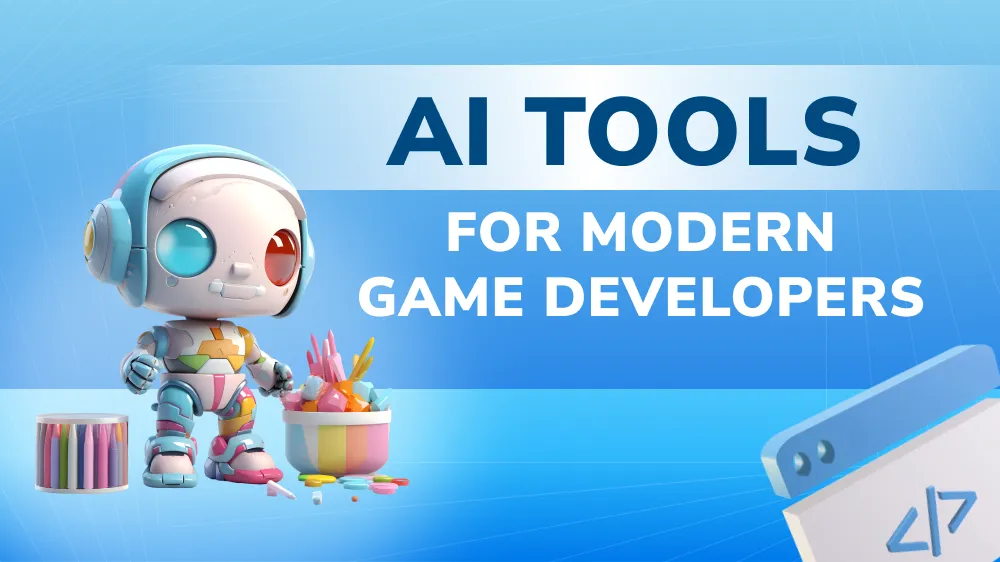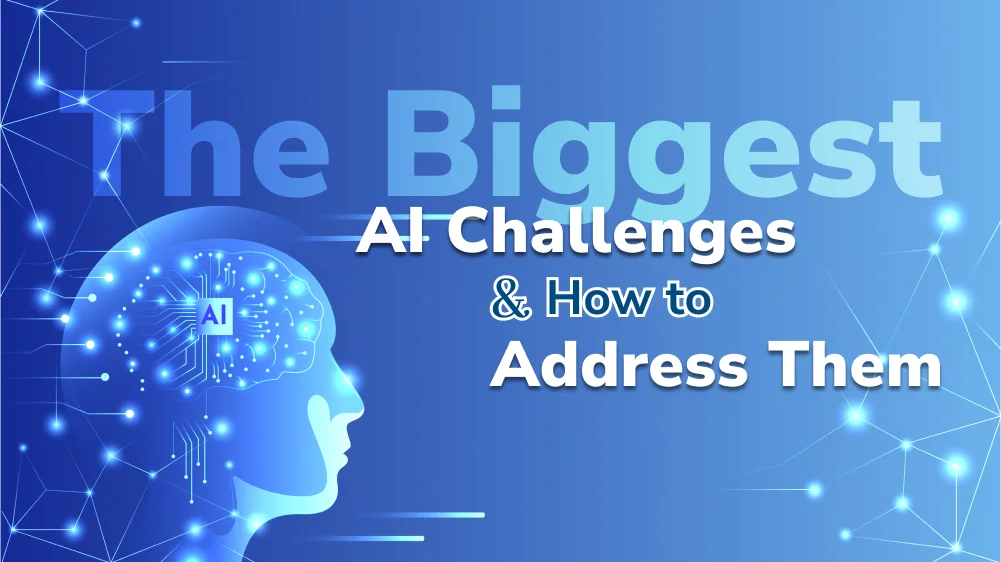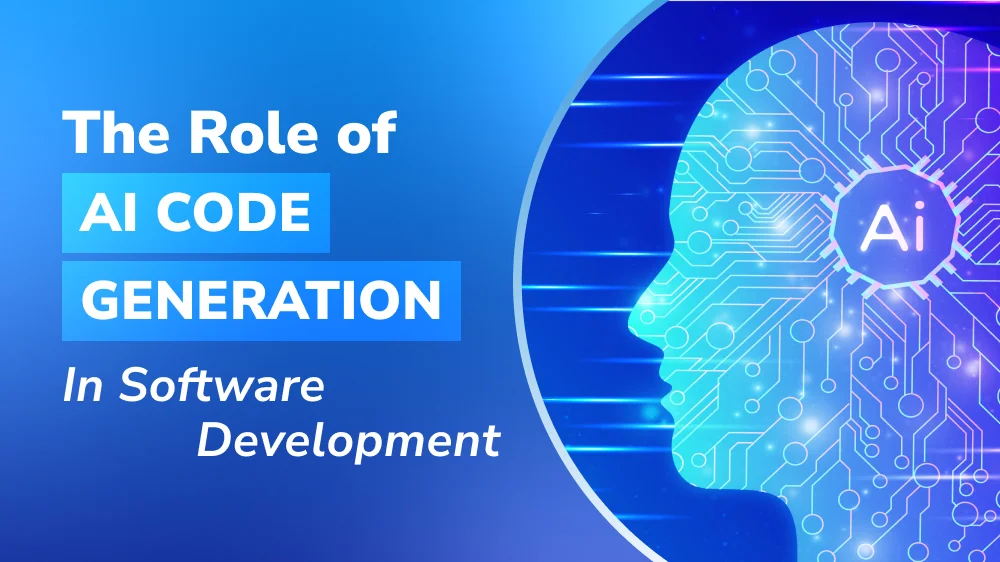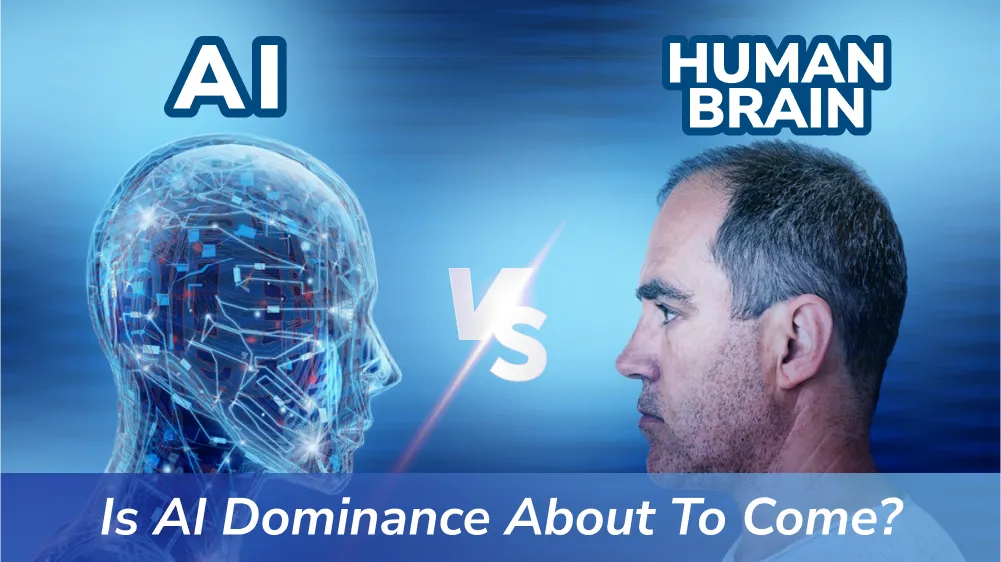
Discovering the Top Real-world Applications of AI in CRM and Success Stories
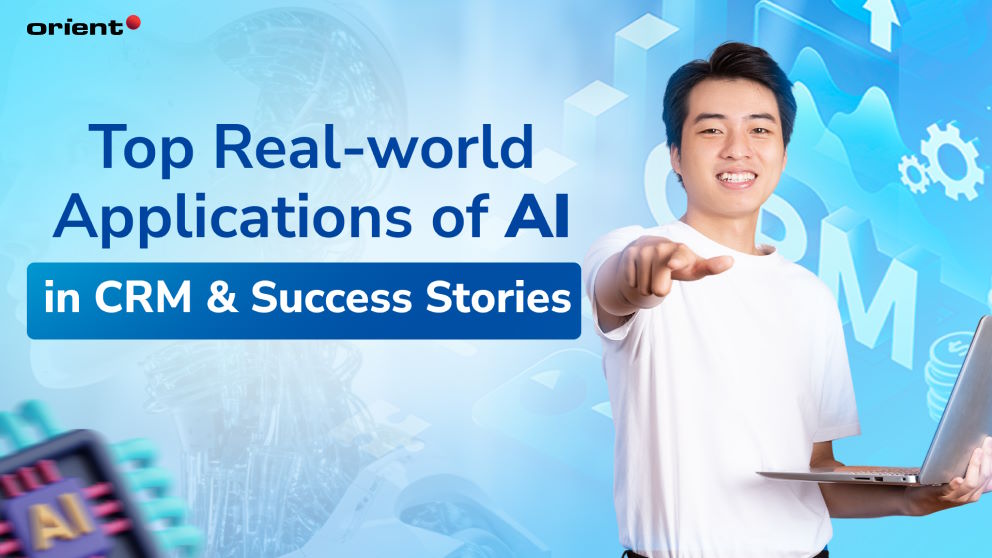
Content Map
More chaptersArtificial intelligence (AI) is a concept that is no longer new to people as it is applied in almost every aspect of life today, creating a revolution in innovation across all fields.
AI in education improves the learning experience by personalizing the lessons offered based on student preferences. AI in sales helps sales teams speed up the sales cycle, from lead generation to customer engagement. AI in entertainment provides predictive analytics to gain valuable future insights into viral trends. Cybersecurity and software testing are some niches that benefit from integrating AI into software development.
Do you think that the applications of AI are limited to what has been mentioned so far? Unfortunately, they are not. AI applications extend beyond current use cases. As AI technologies become increasingly intelligent with human training and machine learning, deep learning, and natural language processing contributions, their positive influence is spreading to even more areas, including CRM software.
AI in CRM? How are they ultimately related to each other? How do CRM vendors benefit from this combination? This is what this article will discuss.
The Synergy Between Artificial Intelligence and Customer Relationship Management

As customer management (CRM) refers to the concept of managing and nurturing business relationships with customers, the foremost application of AI on a CRM solution that people think of is probably digital assistants like conversational AI chatbots. However, the connection between them is beyond what we imagine.
Previously, when modern technology was not widely available, companies using traditional CRM platforms without the advent of AI faced countless challenges. These difficulties mainly revolve around the problem of manual CRM tasks, a lack of personalization, and limited data analysis capabilities. Sales reps and other members of sales teams spend too much time managing customer data and extracting large volumes of CRM data into valuable insights, causing heavy losses in terms of resources and efforts.
Human intervention once operated most jobs but is no longer the optimal solution and causes many obstacles for business owners. Fortunately, the introduction of AI technologies has revolutionized CRM systems by automating processes, addressing many of these hurdles.
By leveraging AI capabilities in data analysis, sentiment analysis, automation, personalization, and predictive analytics, then integrating it into customer management, AI-powered CRM relationship solutions have evolved to deliver exceptional customer experiences, cultivate stronger customer satisfaction, drive sales growth, and help businesses stay ahead in today’s competitive market.
How AI-powered CRM Systems Streamline Business Processes and Customer Interactions
It is widely acknowledged that artificial intelligence positively impacts CRM systems, but how? Here are some typical applications of artificial intelligence in CRM.
Processing Big Data
As the number of customers in a CRM platform increases, so does the volume of data over time. To a certain extent, when the system becomes overloaded, the human-based way of managing such information is no longer effective.
Spending too much time and effort to handle just one task, along with taking on other jobs, makes sales teams easily fall into a state of burnout, hindering the overall development of the business.
However, AI-powered CRM platforms completely solve big data challenges. While CRM software automatically collects and stores vast amounts of customer data, including behavior patterns, purchase history, and demographic data, AI algorithms then quickly sift through and organize the information for analysis. The fast processing and analysis speed of AI significantly streamlines the data analysis process within CRM systems.
Automated Data Analysis
As mentioned above, AI not only helps major CRM platforms solve complex problems of customer information management, but it is also a powerful technology that supports analyzing unstructured data into valuable insights. How can?
Because user data is collected from many different sources such as social media, website interactions, emails, etc., they exist mainly in undefined or unorganized formats, posing unique challenges for analysis with traditional methods.
However, advancements in AI, machine learning algorithms, and computer science have made it possible for customer service agents to extract meaningful insights from unstructured data and uncover new growth opportunities effortlessly. Businesses with AI-based CRM systems can gauge customer satisfaction by using sentiment analysis on customer reviews, support tickets, or social media posts is an example of this application.
Customer Segmentation
Customer segmentation in CRMs can indeed be challenging without the help of AI technology. With traditional methods, grouping users into different segments relies entirely on manual analysis and predefined criteria. Time-consuming is one thing, but not capturing the nuanced patterns and insights present in the data is an even bigger problem.
In contrast, AI in CRM solutions is capable of analyzing huge amounts of information related to customers, such as demographics, purchase history, interactions, etc. Based on similarities and preferences among users, modern CRM apps identify segments automatically, helping businesses gain a deeper understanding of their customer base.
Customer segmentation data is a valuable data source for business owners to correctly and quickly identify their target audiences for personalized marketing strategies and improved user experiences.
Automated Repetitive Tasks
Repetitive tasks in CRM systems refer to those that need to be performed regularly and consistently. While not all repetitive tasks can be automated with AI, there are certain aspects, including data entry, lead scoring, task reminders, customer support, and email campaigns, that are completely capable of being automated.
For example, AI-powered OCR (Optical Character Recognition) technology can automatically extract and input customer data from business cards, invoices, or documents into the CRM system, eliminating the need for manual intervention and reducing errors. Virtual assistants and AI-powered chatbots can handle routine customer inquiries by providing instant responses to frequently asked questions and directing complex ones to human agents, speeding up customer services and reducing the support team’s workload.
Successful CRM Systems Utilizing AI Capabilities

The integration of AI in CRM apps has been a game-changing development across industries. Successful AI-based CRM solutions have revolutionized the way businesses manage CRMs and drive growth. Not surprisingly, even some of the top players in CRM have long leveraged the superiority of artificial intelligence into their operating systems. Here are a few examples of successful CRM systems utilizing AI capabilities.
Salesforce - Einstein GPT
Salesforce is a leading CRM platform that offers various cloud-based applications to help clients manage their customer service and related operations efficiently.
On March 7, 2023, Salesforce announced a new AI tool called Einstein GPT, which “delivers AI-created content across every sales, marketing, commerce, and IT interaction.” Being built directly into the Salesforce CRM platform, Einstein optimizes machine learning, natural language processing, and predictive analytics to offer advanced capabilities and insights to users.
Like many other AI tools, Einstein can handle and analyze a large amount of data to generate accurate sales forecasts and provide personalized predictions and recommendations. With its natural language processing (NLP) capabilities, users can even use voice commands or written text to interact with the CRM system and receive the desired responses.
HubSpot CRM - ChatSpot
HubSpot CRM is a well-known CRM platform that specializes in providing businesses with features to manage their sales, marketing, and customer service activities. One of the AI-powered tools offered by HubSpot CRM is ChatSpot.
ChatSpot is an AI assistant or conversational AI tool designed to assist customers in achieving sales and marketing goals. By leveraging OpenAI’s database and combining the power of ChatGPT with the HubSpot CRM, ChatSpot can support various use cases across marketing, sales, prospecting, content creation, and SEO. Just give any command; this tool immediately delivers the appropriate action, including generating blog posts, sales emails, and even images for social media and website content.
Microsoft - Dynamics 365 Copilot
Microsoft Dynamics 365 is a platform that enables companies to digitally transform and improve their operations by leveraging integrated CRM and ERP capabilities. To maximize user support in driving intelligent insights to serve diverse needs within the Dynamics 365 suite, Microsoft launched an AI tool called Dynamics 365 Copilot.
No more manual handling of repetitive tasks, Dynamics 365 Copilot motivates employees by providing them with convenient and efficient AI-driven assistance. With Copilot, workers can leverage AI to streamline tasks, concentrate on core competencies, and improve overall productivity.
As an AI tool developed by Microsoft, Dynamics 365 Copilot has the ability to integrate with various Microsoft productivity apps such as Word, Excel, PowerPoint, Outlook, and Teams, helping users easily improve workflow and work quality.
Zoho CRM - Zia
Zoho is a CRM platform providing a centralized hub for businesses, regardless of size, to organize customer data, track interactions, automate processes, and improve overall customer engagement. Besides innovative tools, Zoho also features an AI assistant named Zia, which is designed to enhance user experience and productivity.
In addition to acting as a powerful conversational sales assistant that integrates with ChatGPT, Zia is also popular for its ability to identify unusual patterns or unexpected behavior in client data, thereby detecting potential issues that need to be paid attention to.
Pipedrive - Sales Assistant
Pipedrive is a CRM platform with a long history of integrating AI technology into its products, helping clients improve their sales processes and performance. A few years ago, Pipedrive left a strong impression on users by launching an AI-powered Sales Assistant through a pilot program.
Sales Assistant is designed within Pipedrive primarily to offer intelligent insights, recommendations, and notifications to sales representatives in their daily activities. Unlike some AI-powered tools today, Sales Assistant stands out with the feature of automatically sending notifications related to deals, tasks, and upcoming activities to sales reps, helping them stay informed.
Not only that, it also has the ability to analyze sales data and provide insights on the probability of winning a deal. Offering sales team recommendations on the next steps based on source data, Sales Assistant allows them to focus on high-potential opportunities and drive sales.
Harnessing the Power of Artificial Intelligence in CRM
It is undeniable that AI-powered CRM systems bring tons of benefits to businesses. However, the existence of ethical considerations, including data privacy and algorithmic bias, is still a big challenge for scientists to carefully address. Transparency and explainability in AI algorithms are essential components to ensure trust and accountability in CRM systems.
If your existing CRM solution has space for AI features and tool implementation, it is worth trying to discover the potential power of AI development. As such complicated processes require a level of technical expertise, make sure you find yourself a reliable outsourcing partner to collaborate with and turn your concept into reality.
As a trusted company operating in the technology industry for nearly two decades, Orient Software offers clients diverse services, from dedicated teams working exclusively on your projects to staff augmentation working on a contractual basis. Contact us, and let us give you a hand in the software development journey.

